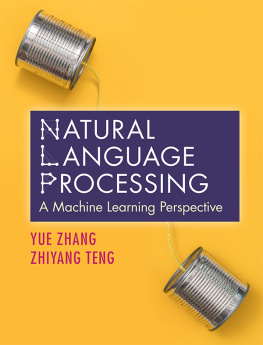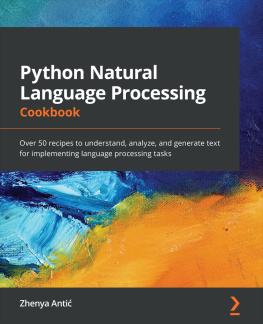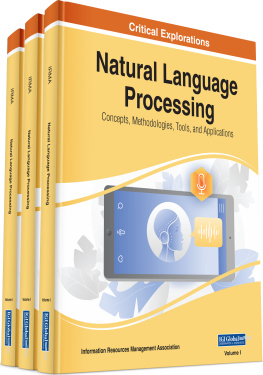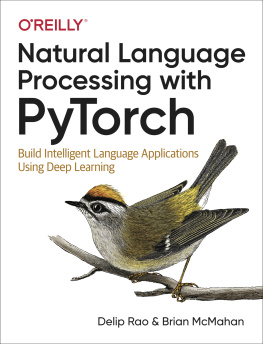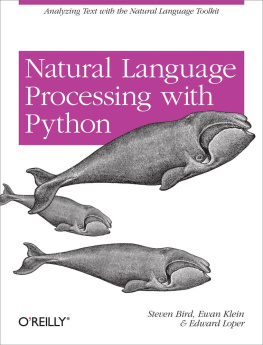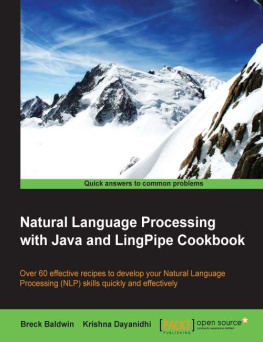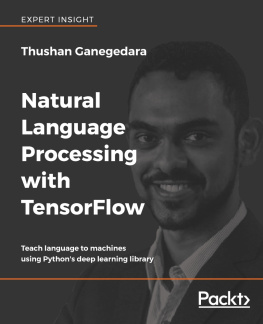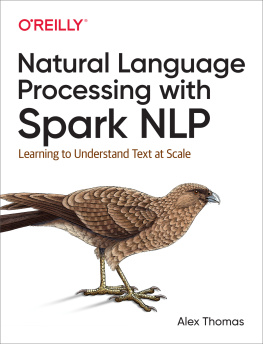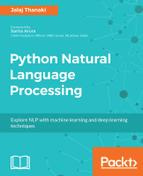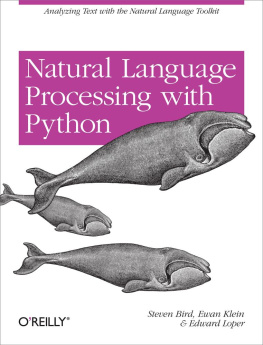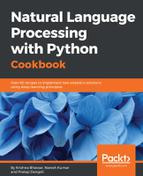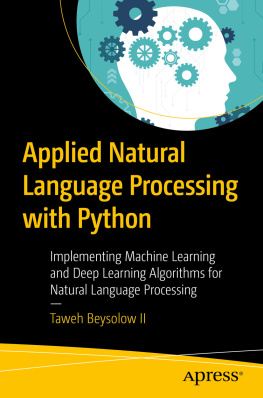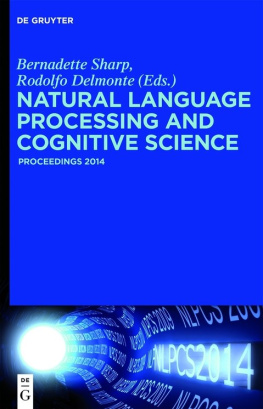Contents
Natural Language Processing
With a machine learning approach and less focus on linguistic details, this gentle introduction to natural language processing develops fundamental mathematical and deep learning models for NLP under a unified framework. NLP problems are systematically organised by their machine learning nature, including classification, sequence labelling, and sequence-to-sequence problems. Topics covered include statistical machine learning and deep learning models, text classification and structured prediction models, generative and discriminative models, supervised and unsupervised learning with latent variables, neural networks, and transition-based methods. Rich connections are drawn between concepts throughout the book, equipping students with the tools needed to establish a deep understanding of NLP solutions, adapt existing models, and confidently develop innovative models of their own. Featuring a host of examples, intuition, and end of chapter exercises, plus annotated sample code available as an online resource, this textbook is an invaluable tool for the upper undergraduate and graduate student.
Yue Zhang is an associate professor at Westlake University. Before joining Westlake, he worked as a research associate at the University of Cambridge and then a faculty member at Singapore University of Technology and Design. His research interests lie in fundamental algorithms for NLP, syntax, semantics, information extraction, text generation, and machine translation. He serves as an action editor for TACL, and as area chairs of ACL, EMNLP, COLING, and NAACL. He gave several tutorials at ACL, EMNLP and NAACL, and won a best paper award at COLING in 2018.
Zhiyang Teng is currently a postdoctoral research fellow in the natural language processing group of Westlake University, China. He obtained his Ph.D. from Singapore University of Technology and Design (SUTD) in 2018, and his Masters from the University of Chinese Academy of Science in 2014. He published conference papers for ACL/TACL, EMNLP, COLING, NAACL, and TKDE. His research interests include syntactic parsing, sentiment analysis, deep learning and variational inference.
University Printing House, Cambridge CB2 8BS, United Kingdom
One Liberty Plaza, 20th Floor, New York, NY 10006, USA
477 Williamstown Road, Port Melbourne, VIC 3207, Australia
314321, 3rd Floor, Plot 3, Splendor Forum, Jasola District Centre, New Delhi 110025, India
79 Anson Road, #0604/06, Singapore 079906
Cambridge University Press is part of the University of Cambridge.
It furthers the Universitys mission by disseminating knowledge in the pursuit of education, learning, and research at the highest international levels of excellence.
www.cambridge.org
Information on this title: www.cambridge.org/9781108420211
DOI : 10.1017/9781108332873
Yue Zhang and Zhiyang Teng 2021
This publication is in copyright. Subject to statutory exception and to the provisions of relevant collective licensing agreements, no reproduction of any part may take place without the written permission of Cambridge University Press.
First published 2021
Printed in the United Kingdom by TJ Books Ltd, Padstow Cornwall, 2021
A catalogue record for this publication is available from the British Library.
ISBN 978-1-108-42021-1 Hardback
Additional resources for this publication at www.cambridge.org/zhangteng
Cambridge University Press has no responsibility for the persistence or accuracy of URLs for external or third-party internet websites referred to in this publication and does not guarantee that any content on such websites is, or will remain, accurate or appropriate.
Preface
In recent years, artificial intelligence has received increasing attention. Deep learning technology has enabled intelligent systems to perform tasks that are far more complex compared to what machines could do a decade ago. Investigating automatic understanding and generation of natural language texts, natural language processing has been a central topic of artificial intelligence since its dawn, and human language dialogue capabilities has been recognised as a major metric for evaluating artificial intelligence. Advances in the field allow intelligent systems to perform automatic speech to speech translation, question answering, essay scoring, automatic auditing and algorithm trading by news reading.
The field of natural language processing has evolved since the early days of computer science, going through three main stages, where rule-based methods, statistical methods and deep learning methods dominate the literature, respectively. Researchers and engineers have seen a shift from linguistic feature engineering to parameter tuning in their daily work as the state-of-the-art approaches shift from statistical learning to deep learning.

